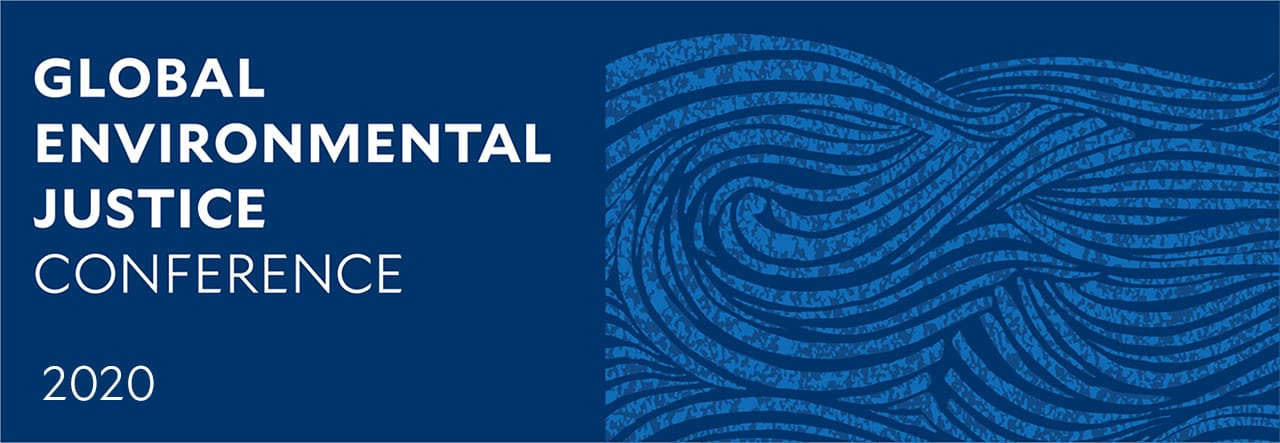Panels
Must Diplomats Choose Between Promoting Justice and Their National Interests? Reflections of a multilateral negotiator.
Saturday, November 14, 2020 - 1:30pm
Diplomats have an obligation to their principals, but the responsibility in the form of information exchange runs in both directions. What are impediments to moving beyond narrow nationalistic interests? Is tempering national interests advisable or plausible? Negotiations reveal facts and concerns that may have been unknown or unclearly understood. The process is one in which the interests of all of the parties are explored in a good faith effort to resolve real differences. Differences that often reflect contrasting perspectives on the overall goal the parties seek to achieve and the weighting of the variables involved.
Drawing upon almost 30 years’ experience as a government negotiator and advocate in multilateral climate, environmental and trade forums, Jennifer Haverkamp will reflect on the obstacles and opportunities for advancing environmental justice, and the need to take into account differences in the mission and culture of international institutions (e.g., the UNFCCC, the Montreal Protocol, the WTO and ICAO).
Presenters
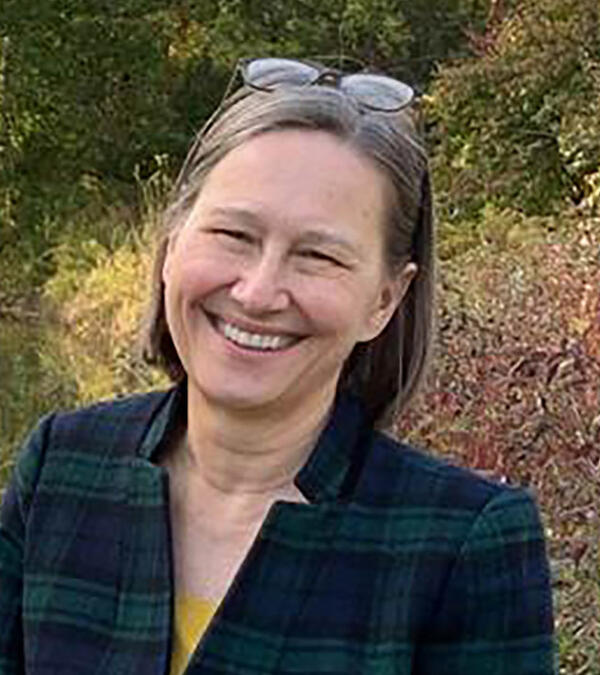
Jennifer Haverkamp is an internationally recognized expert on climate change, international trade, and global environmental policy and negotiations. In her role as director of the Graham Sustainability Institute at the University of Michigan, she leads the institute in facilitating sustainability-focused collaborations between faculty and students with external stakeholders.
Discussants

Paul Burow is an environmental anthropologist and Ph.D. Candidate in the combined doctoral degree program between the School of the Environment and Department of Anthropology at Yale University. His work examines the cultural dynamics of environmental change in the American West, looking at how Indigenous and non-Indigenous rural communities are impacted by changing ecosystems tied to historical land-use practices, climate change, and settler colonialism.
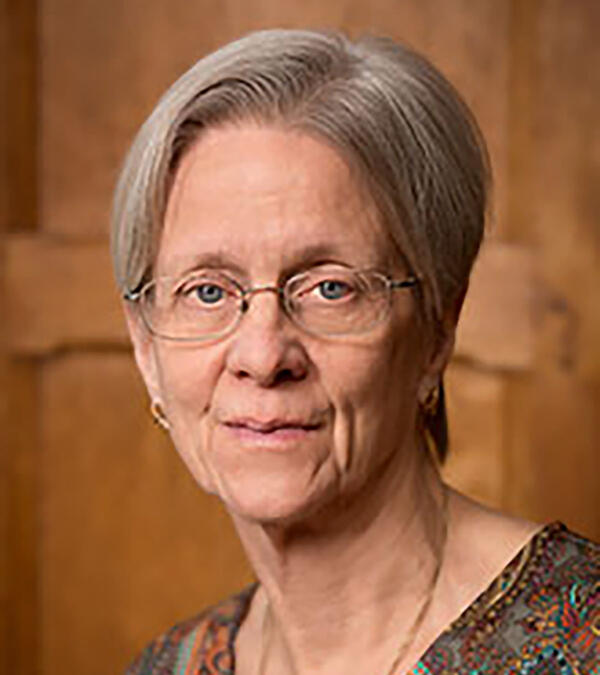
Susan Rose-Ackerman is Henry R. Luce Professor of Law and Political Science, Emeritus, Yale University and Professorial Lecturer, Yale Law School. Her book: Democracy and Executive Power: Policymaking Accountability in the US, the UK, Germany, and France is forthcoming from Yale press in 2021.
Role of Justice in UN institutions
Saturday, November 14, 2020 - 3:30pm
The United Nations, especially in domestic U.S. politics, has come in for some heavy scrutiny. As the forum for states to engage one another on the level playing field of sovereignty, it is sometimes possible to succumb to the illusion that power is placed in the closet in the service of reasoned discourse. While power still has a significant background role, norms of equality and relative transparency yield access to engaged discussions about justice. How is the idea of justice constructed in this uniquely global discourse? How is it manifested in the work of UN institutions?
Presenters
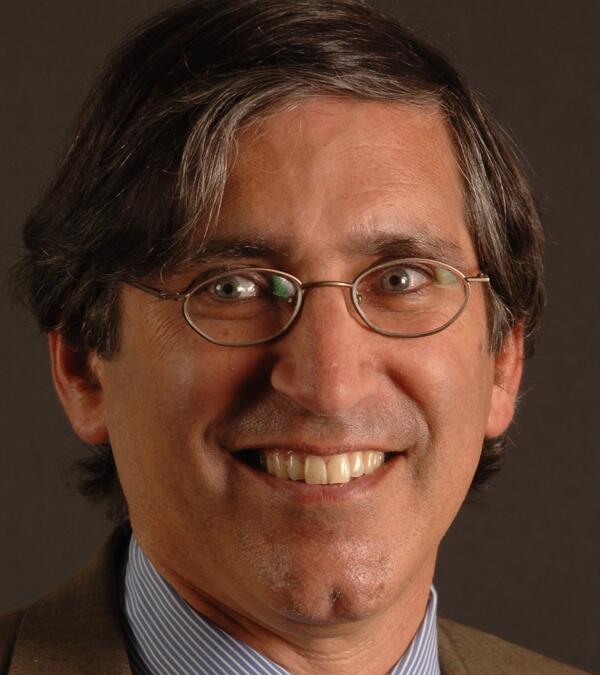
Daniel Bodansky is a Regents’ Professor at the Sandra Day O’Connor College of Law, Arizona State University. He served as Climate Change Coordinator at the U.S. State Department from 1999-2001. His book, The Art and Craft of International Environmental Law, received the 2011 Sprout Award from the International Studies Association as the best book that year in the field of international environmental studies.
Discussants
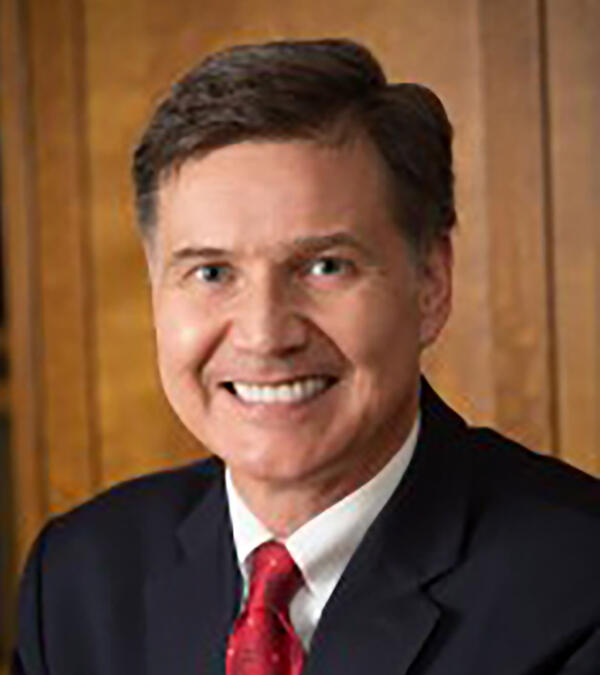
Dan Esty is the Hillhouse Professor at Yale University with primary appointments in the Yale School of the Environment and the Law School with a secondary appointment at the Yale School of Management.
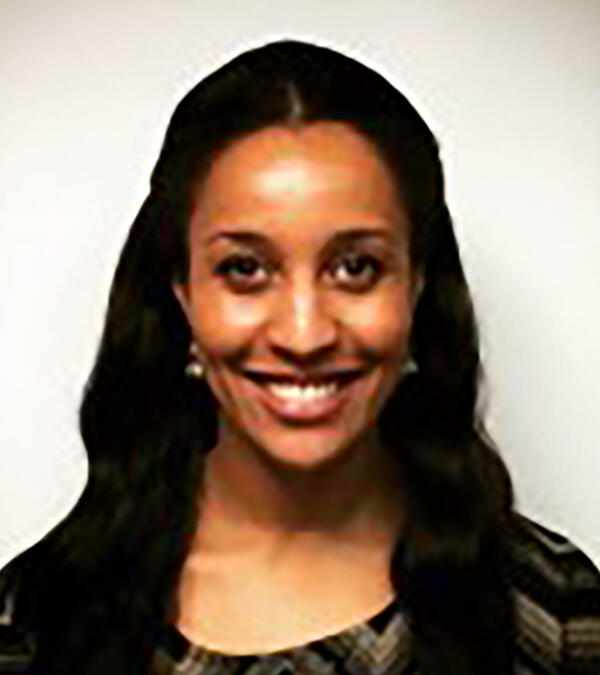
Michaela Foster is a PhD Candidate at the Yale School of the Environment. She is an environmental social scientist studying environmental and natural resource governance. In her research, she examines the development of natural resource policies and their impacts on sustainable forest management and land use change. She holds a MS in Natural Resources from North Carolina State University and a BA in Environmental Sciences and Policy from Duke University.
Environmental Defenders
Sunday, November 15, 2020 - 10:00am
Justice Benjamin and Professor Brownell, each of who has deep experience in environmental and human rights NGOs, will discuss how NGOs function in the contentious arena of human rights and the environment. NGOs are an expression of civil society and play an institutional role in the formal consideration of human rights norms. However, because they are outside of the formal structure of politics, they often represent a threat to state hegemony. NGOs remain subject to the discipline of state power, even as they challenge its authority. This tension creates a variety of challenges but also opportunities for concerted action and resistance.
Presenters
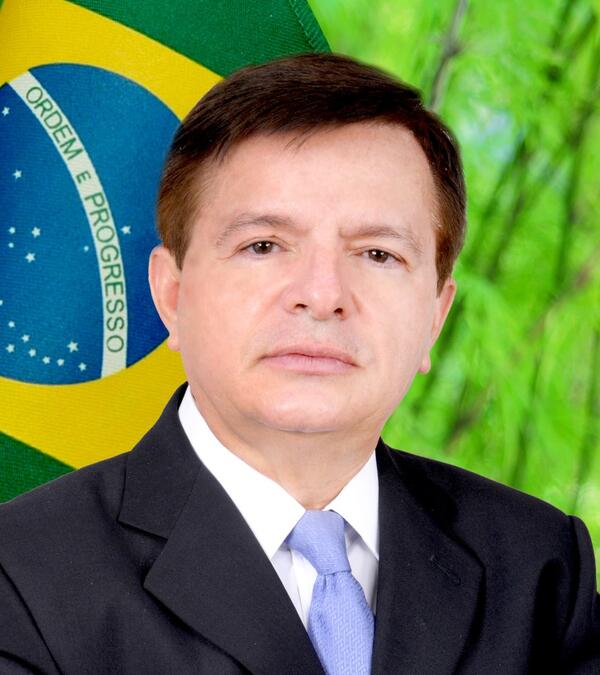
Professor Antonio Herman Benjamin, a Justice at the National High Court of Brazil (STJ) since 2006, is a Goodwill Ambassador for Environmental Justice of the Organization of American States – OAS, the Chair of the World Commission on Environmental Law, the Secretary-General of the UN International Advisory Council for the Advancement of Justice, Governance and Law for Environmental Sustainability, and the leading founder of the Global Judicial Institute on the Environment. Professor Benjamin teaches Comparative Environmental Law and Biodiversity Law.
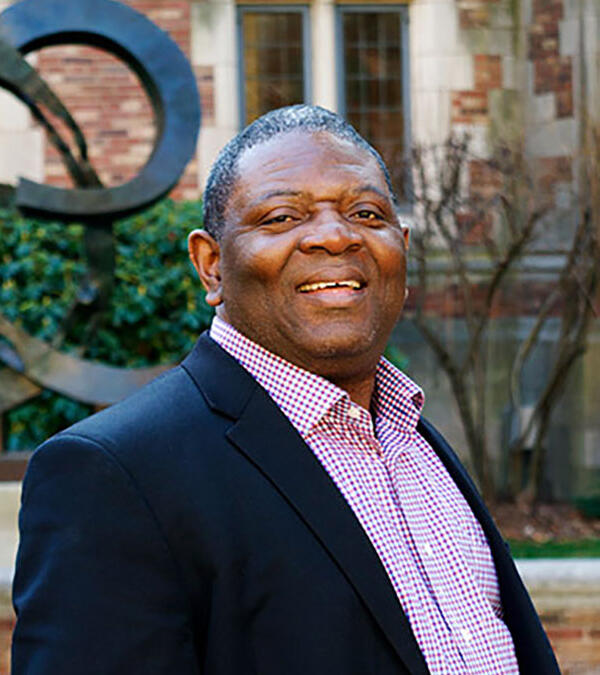
Alfred Brownell is an internationally recognized environmental rights activist and lawyer from Liberia. He is a Tom & Andi Bernstein Visiting Human Rights Fellow at the Yale Law School and previously served as an Associate Research Professor and Distinguished Scholar in Residence at Northeastern University School of Law. For more than two decades, Brownell has advocated to protect the environment and human rights in West Africa and to empower Liberians and West Africans victimized by resource exploitation.
Discussants
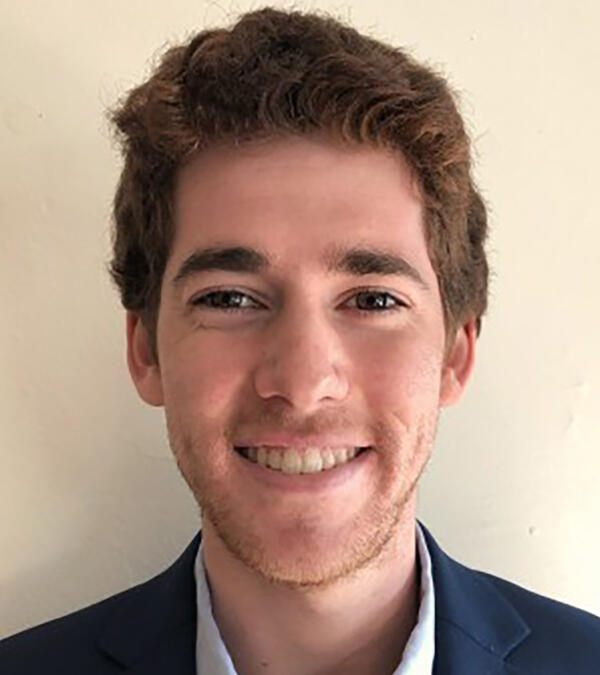
Tim Hirschel-Burns is a J.D. Candidate at Yale Law School. He is a member of the Lowenstein International Human Rights Clinic, a co-chair of the Yale Environmental Law Association, and a board member of the Yale Law School National Security Group. Tim is also a co-founder of Law Students for Climate Accountability and a lead author of the Law Firm Climate Change Scorecard.
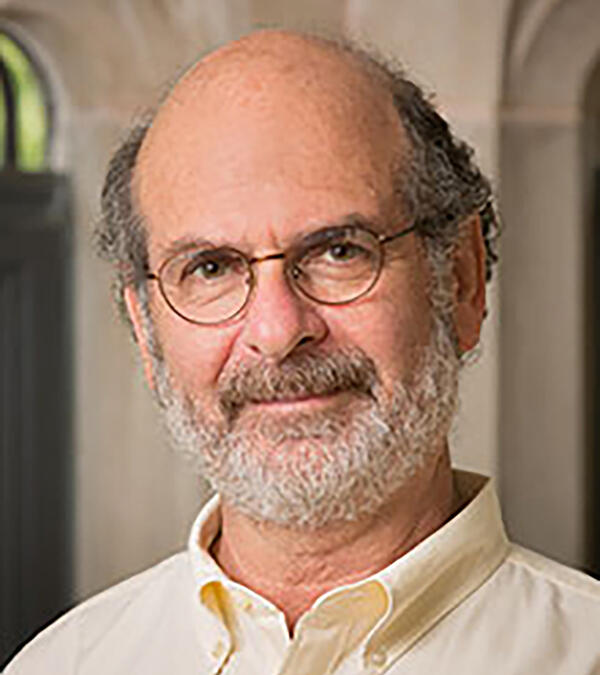
Jim Silk is the Binger Clinical Professor of Human Rights at Yale Law School, where he teaches the Lowenstein International Human Rights Clinic and co-directs the Schell Center for International Human Rights. He is the director of Yale College’s Multidisciplinary Academic Program in Human Rights Studies, which he founded in 2014.
Panel: Rights and Responsibilities in Relation to the Natural World
Sunday, November 15, 2020 - 1:30pm
One of the most exciting innovations in environmental law and policy is the formal inclusion of nature in the panoply of rights. Of course, creating a legal space for nature is fraught with complications, especially where there are competing cultures that have different relationships with the natural world. Ecuador and New Zealand offer cardinal examples and highlight the difference between a legal world steeped in Anglo American traditions and one arising from the civil law tradition. How do these traditions compare? What opportunities does each system offer for resolving the complex problems this innovation presents? Do nature’s rights compete with or complement traditional human and indigenous rights?
Presenters
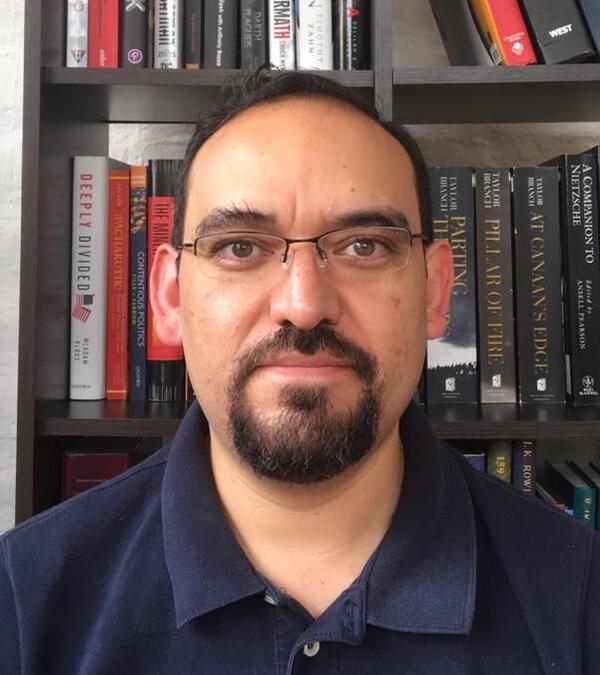
David Cordero-Heredia is an Associate Professor of Law and Director of the Human Rights Centre of the Pontifical Catholic University of Ecuador. He has been a visiting professor at the Andean University Simón Bolívar (UASB), the University of the Americas (UDLA), and the University of Azuay (UDA). From 2018 to 2019, he co-taught the International Human Rights Clinic: Policy Advocacy at Cornell Law School as a Senior Teaching Postdoctoral Fellow. His research work deals with the interaction of social movements and the legal field with a focus on indigenous peoples.
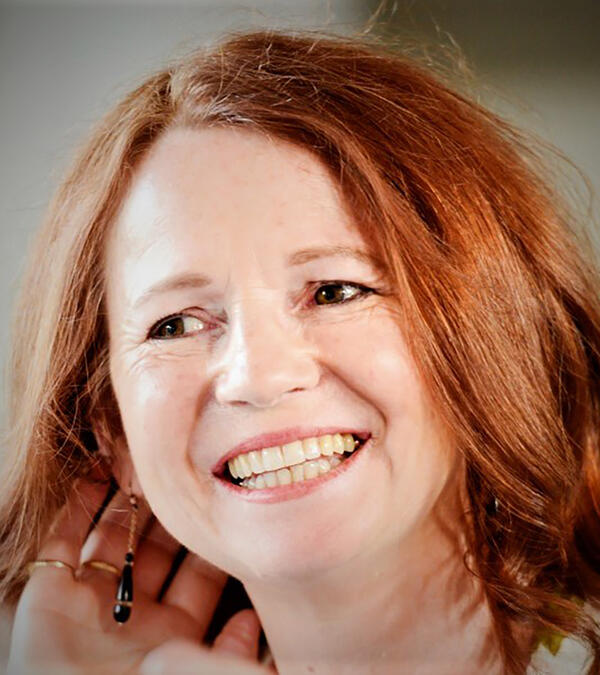
Catherine Iorns Magallanes is a Professor of Law at Victoria University of Wellington in New Zealand. She has more than 25 years’ experience on indigenous rights, environmental law, international law and statutory interpretation, and has received awards for her environmental law teaching and research.
Discussants
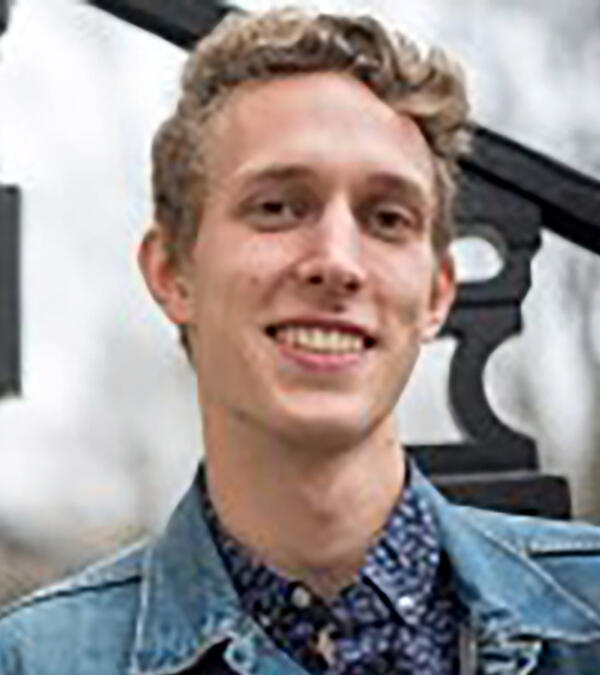
I am a second year doctoral student in Yale’s combined degree in Anthropology and Environmental Studies. My passion for environmental justice grew out of the disorienting experience of being a first-generation college student at Harvard. In grappling with academics, inequality, and my own working-class, evangelical background, I found personal and intellectual traction in the environmental social sciences. Since then I have pursued scholarship on climate change as an issue of justice, knowledge, and power.
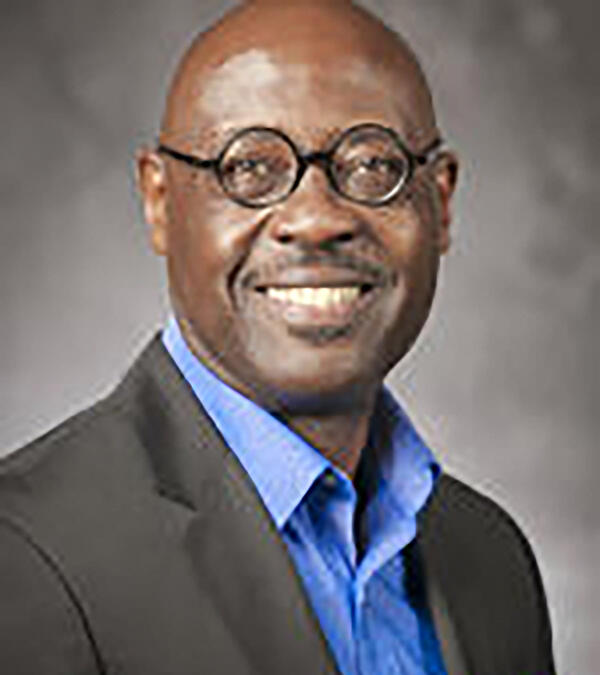
Dr. Willie James Jennings is currently Associate Professor of Systematic Theology and Africana Studies at Yale University Divinity School. Dr. Jennings is the author of The Christian Imagination: Theology and the Origins of Race published by Yale University Press. It is one of the most important books in theology written in the last 25 years and is now a standard text read in colleges, seminaries, and universities. Dr. Jennings is also the recipient of the 2015 Grawemeyer Award in Religion for his groundbreaking work on race and Christianity. Dr.
People and Partners
Yale School of the Environment
Kroon Hall
195 Prospect Street
New Haven, CT 06511
Email: ycej@yale.edu

